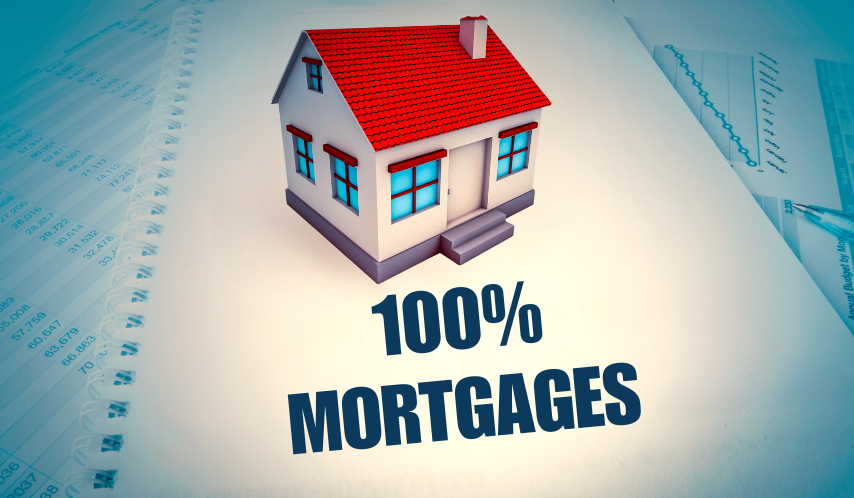In a significant development for the UK mortgage market, homebuyers now have the chance to purchase a property without a deposit, thanks to the re-introduction of 100% mortgages.
What is a 100% Mortgage?
A 100% mortgage allows you to borrow the entire value of the property, eliminating the need for a deposit. 100% mortgages were commonly available before the financial crisis of 2008 but were phased out due to the risks associated with lending the full property value. However, with the current economic climate and rising house prices, a couple of lenders are reintroducing this option, with a view to helping more people get onto the property ladder.
The advantage of a 100% mortgage is the ability to purchase a home without needing to save for a deposit, which can be a significant barrier, especially for first-time buyers. This is particularly beneficial for young people and families who may have stable incomes but find it challenging to accumulate the necessary savings while paying rent and other living expenses.
While 100% mortgages offer exciting opportunities, there are risks that need to be considered.
Due to the higher risk associated with these deals, the rates will be higher, meaning increased monthly payments. However, the most important thing to consider is that in the event of a downturn in the housing market, you could find yourself in negative equity, where the value of your property falls below the amount owed on the mortgage.
This means you would be unable to sell your property if you needed to move, for example. For this reason, the new 100% mortgages are only available on longer-term fixed rates of at least five years. This provides a level of security over the repayments and gives time for the value of your home to hopefully increase, meaning that you should be able to build up some equity before you need to consider a remortgage or moving.
We would always recommend clients think carefully about the type of mortgage they are taking, especially first-time buyers who may be attracted to longer-term fixed rates for the stability, but also need to consider the costs involved if they need to repay the mortgage during the fixed term, such as a relocation or relationship breakdown.
There are a few alternatives available that should also be considered, such as mortgages with just a £5,000 deposit (no matter the property price) or other schemes to help first-time buyers.
As with any financial decision, it’s essential to carefully consider your options and seek professional advice to ensure you make the best choice for your circumstances.
If you need any advice, please get in touch with a member of Barlow Irvin Financial Services award-winning mortgage experts on 01204 208 001.
As a mortgage is secured against your home or property, it could be repossessed if you do not keep up mortgage repayments.

